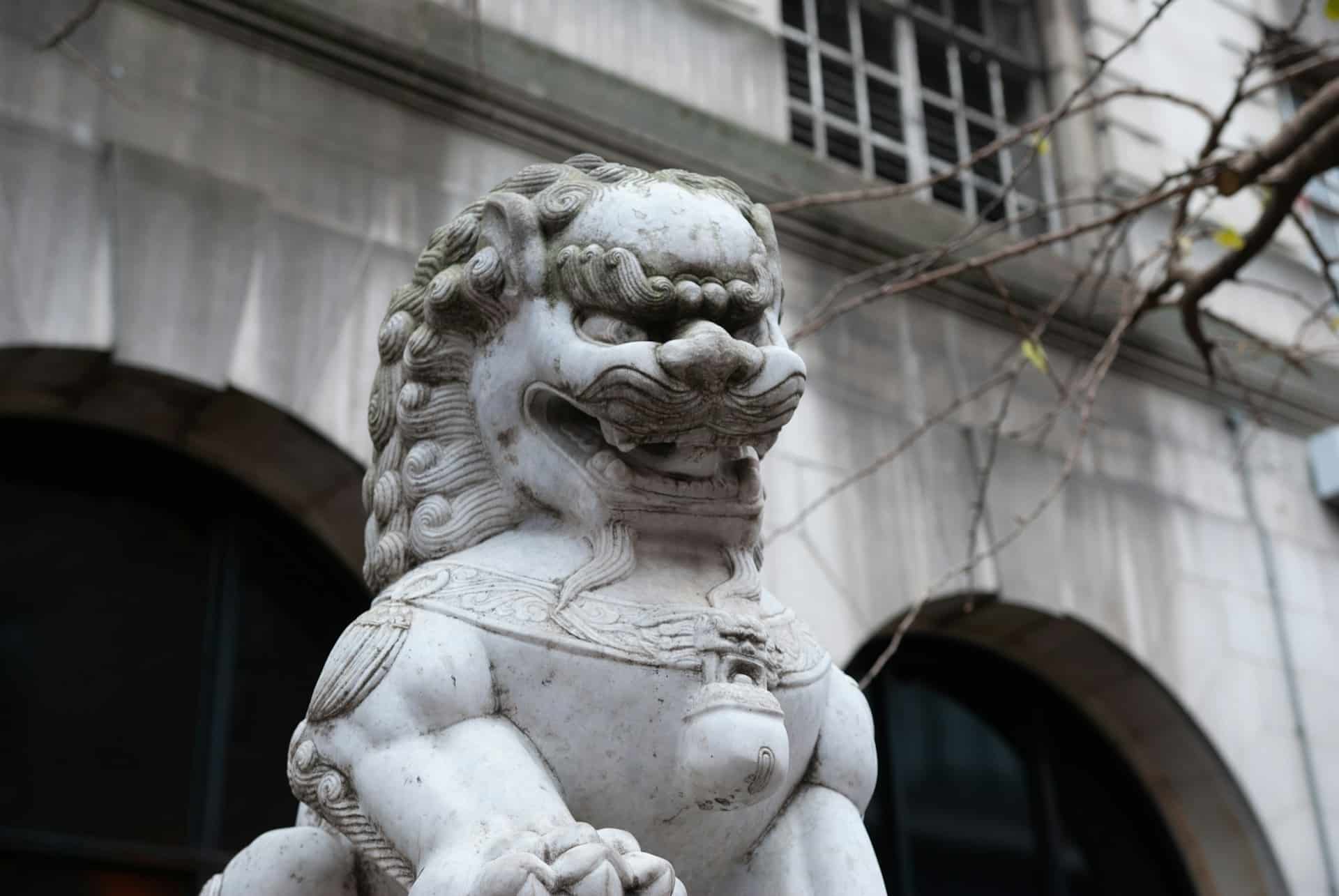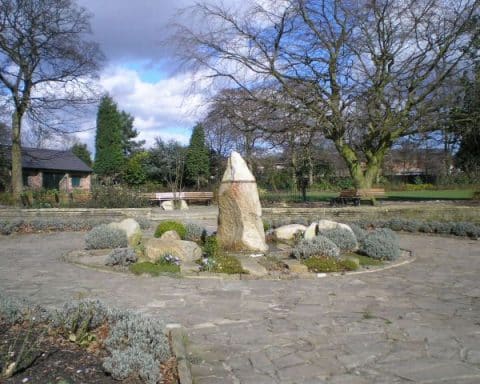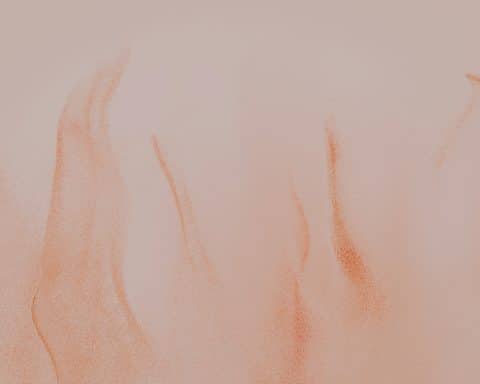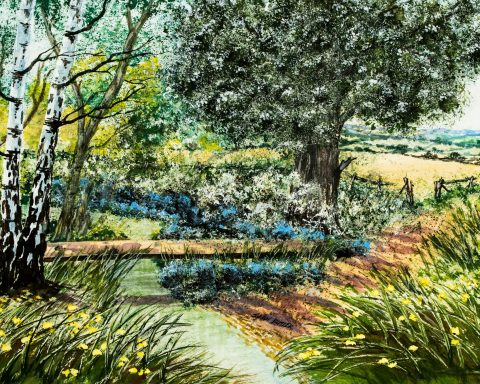
‘May you live in interesting times’, an ironic English expression cursing the listener to live in troubled or complicated times, is often referred to as the ‘Chinese curse’. There is no evidence as to its Chinese origins however! The expression may in fact have originated in the speeches of 19th-century English statesman Joseph Chamberlain. He stated to parliament (1898) that, ‘… we are living in most interesting times … in which our history was so full, in which day by day brought us new objects of interest, and, let me say also, new objects for anxiety’. His son, Austen Chamberlain, later referred explicitly to the curse (quoted in 1936) though without any verifiable basis.1
At the time this issue goes out I hope to be exploring the full range of interest and anxiety at this year’s WONCA Europe conference in Dublin (come and say hello if you are here!). Our eclectic mix for this month also addresses previous interesting times and how they inform the strange days we live in (more on that meme below).
Historic times — how did we get here?
There has been much professional consternation regarding the replacement of GPs by other kinds of practitioner in the clinical setting (think physician associates) and the non-clinical setting (think pharmacies and supermarkets). Ken Menon reminds us of times past, when non-doctors were required to do medical work. He cites the instances of Hamilton Naki and Mamitu Gashe, who were African forerunners of the surgical care practitioner, and the ‘barefoot doctors’, farmers in early communist China who were obliged to also provide primary health care.2 John Havard argues that barbers have a healthcare role. Historically barbers did surgery; now they can also be doing mental health work and social prescribing.3
Contrasting with this, two icons of English general practice have published memoirs in their own distinctive way. Both Sir Denis Pereira Gray (reviewed by Terry Kemple) and Iona Heath (reviewed by Phil Whitaker) imply a unique and distinctive contribution for the GP in health care.4,5 In Pereira Gray’s Just a GP, we see the personal account of a GP engaged with academia, education, and politics, putting our profession on the policy map. In John Berger: Ways of Learning, Heath reflects on her 20-year correspondence with the author of A Fortunate Man. She had seen Berger write that he had ‘come to mistrust most doctors because they no longer really love people’. She invited Berger to address the Royal College of General Practitioners and explain where he thought the profession was losing its way.
Nostalgic times — a fond farewell
I have written previously that the word ‘nostalgia’ originates in the idea of a fond but painful return.6 Fraser Barratt offers a bittersweet and lyrical farewell to hospital medicine as he moves into the community for the final phase of GP training.7 He says (among other things) farewell to cups of tea that went cold. Let’s hope he and all trainees find a practice where there’s both tea and the opportunity to drink it, among other markers of educational and pastoral support!
‘Although they come and go and wax and wane, some GPs still manage to form long-term relationships with their patients. We are offered glimpses into the most intimate parts of someone’s life as well as sharing their mundane moments’, writes Emma Ladds, whose article this issue is about how it is such a privilege to be a family doctor, and about acknowledging grief when losing a patient.8 Consider if you as a GP would attend a patient’s funeral? I’ve asked the question of GPs in training.
Strange times — new objects of interest and anxiety
The day-to-day of practice remains as interesting and anxiety provoking as ever. In this month’s Yonder, Alex Burrell samples research on sit-stand desks, gallstones, student interest in general practice, and family healthcare patterns for functional and unexplained illness.9 Paul McNamara and Yoosuf Ibrahim argue that it is imperative for GPs to highlight the increased risk of overdose associated with street valium use, given its unpredictable composition, to individuals struggling with drug dependency. They reflect on this as a public health concern in Scotland.10
The organisational and increasingly computerised and automated systems with which we work also loom large this issue. Saul Miller discusses his experience with the Care Quality Commission, and the ways in which online information about a health centre can fail to reflect the current reality.11 There is a chicken and egg situation between trust and systems. Systems rely on trusting those interacting with them, but must themselves be trustworthy. I have the privilege to review Fighting for the Soul of General Practice, a subversive new narrative exploration of UK general practice by Rupal Shah and Jens Foell.12 Shah and Foell describe GPs as ‘street level bureaucrats’, in that we simultaneously enact the dictates of ‘tyrannical officialdom’ while addressing the needs of our clients. They offer a narrative account of the daily realities of British urban general practice and reflect on the unsettled philosophy, psychology, and phenomenology of GP life.
As John Lennon observes in his haunting song ‘Nobody Told Me’, nobody told me there would be days like these (strange days indeed). In the song, Lennon laments a society that’s going through the motions without being moved by what they do and see. When, as he puts it, ‘There’s Nazis in the bathroom, just below the stairs’, we might feel justifiably reluctant. But we cannot afford not to engage with our interesting times.
References
1. Quote Investigator. Quote origin: May you live in interesting times. 2015. https://quoteinvestigator.com/2015/12/18/live (accessed 16 Sep 2024).
2. Menon K. Regression to ‘barefoot’. Br J Gen Pract 2024; DOI: https://doi.org/10.3399/bjgp24X739533.
3. Havard J. Advancing back to the Middle Ages: the barbers of Saxmundham. Br J Gen Pract 2024; DOI: https://doi.org/10.3399/bjgp24X739545.
4. Kemple T. Books: Just a GP: Diaries from a Career in General Practice. Br J Gen Pract 2024; DOI: https://doi.org/10.3399/bjgp24X739617.
5. Whitaker P. Books: John Berger: Ways of Learning. Br J Gen Pract 2024; DOI: https://doi.org/10.3399/bjgp24X739665.
6. Barratt F. Poem: A Farewell to Hospital Medicine. Br J Gen Pract 2024; DOI: https://doi.org/10.3399/bjgp24X739593.
7. Papanikitas A. Education as a cure for nostalgia. Br J Gen Pract 2022; DOI: https://doi.org/10.3399/bjgp22X721049.
8. Ladds E. ‘Were you Dad’s doctor?’. Br J Gen Pract 2024; DOI: https://doi.org/10.3399/bjgp24X739569.
9. Burrell A. Yonder: Sit-stand desks, gallstones, student interest in general practice, and family healthcare patterns. Br J Gen Pract 2024; DOI: https://doi.org/10.3399/bjgp24X739581.
10. McNamara P, Ibrahim Y. A bitter pill to swallow: the rising use of street valium in Scotland. Br J Gen Pract 2024; DOI: https://doi.org/10.3399/bjgp24X739557.
11. Miller S. Trust. Br J Gen Pract 2024; DOI: https://doi.org/10.3399/bjgp24X739629.
12. Papanikitas A. Books: Fighting for the Soul of General Practice: the Algorithm Will See You Now. Br J Gen Pract 2024; DOI: https://doi.org/10.3399/bjgp24X739605.
‘A photo of a Chinese lion statue in Chinatown, London’ by Alex Preusser on Unsplash.







